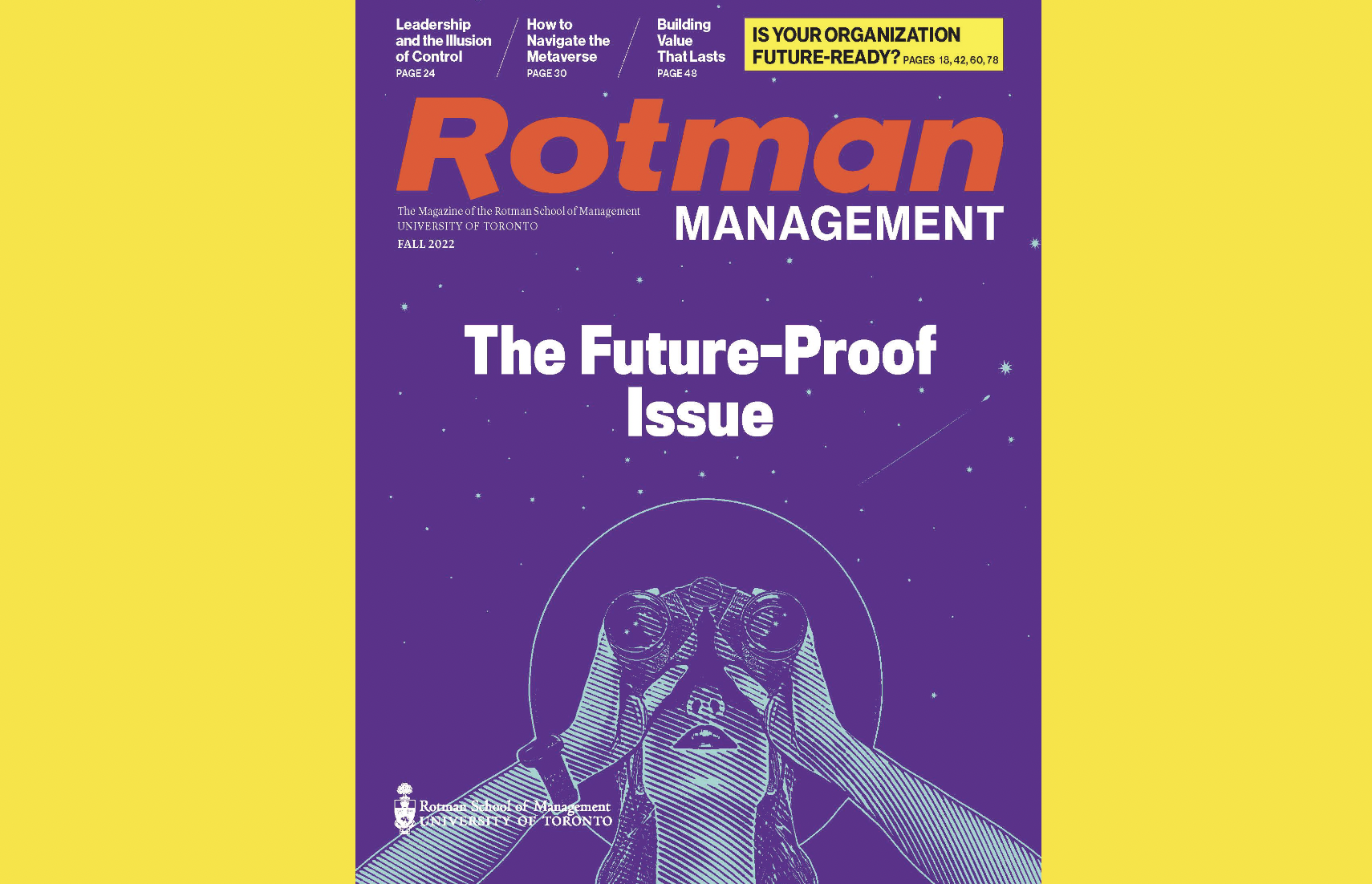Creating Value in the Care Economy
Authors: Laura Lam, Carmina Ravanera and Sarah Kaplan
The Care Economy — the economic sectors that involve paid and unpaid care, including childcare, elder care and long-term care — is one of the fastest expanding economic sectors globally. A 2015 study of 45 countries by the International Labour Organization (ILO) found that there were 206 million people in care jobs such as early childhood education and long-term care, and they estimated that this figure would rise to 248 million by 2030.
The COVID-19 pandemic has brought an increased focus on how the lack of support for care sectors and the increasing trend of financializing access to care have placed equality and health on
fragile grounds. In Canada, COVID has highlighted the poor conditions in long-term care homes and the dearth of affordable and high-quality early childhood education options — in part due to for-profit organizational models that have turned caring into a business that only some can afford.
The pandemic has forced many to think about a new ‘ethics of care,’ where we see ourselves not as a collection of autonomous individuals but as many interconnected and interdependent relationships and communities. As society emerges into a recovery economy, questions about the future of care emerge: What organizational and policy changes are needed to ensure that care work and caregiving is more equitable and sustainable? What do we know and what still remains to be discovered through future research?




